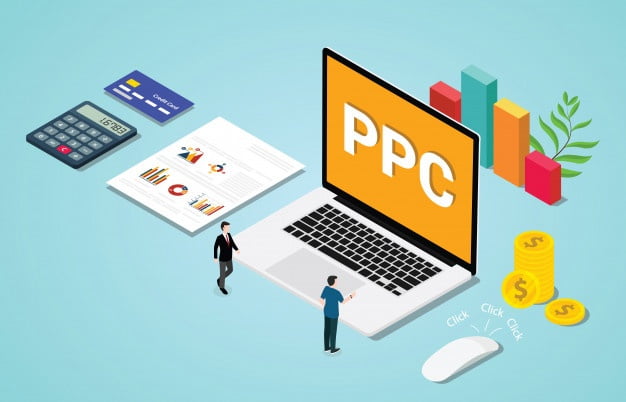A Guide to Pay-Per-Click Advertisement Platforms

Table Of Contents
Pay-per-click advertisements, or as they are more commonly known PPC ads, are one of the most popular practices in any digital marketing campaign, and for good reason. PPC ads help to booster other digital marketing campaigns by increasing both paid and organic visibility for businesses. Pay-per-click advertisements also help businesses to expand their potential customer base by increasing their reach with relevant target audiences. However, to ensure that you are getting the most possible benefit from your PPC ads, you need to use the right PPC platforms. This guide outlines the different PPC platforms to help ensure you are always getting the highest return from your pay-per-click advertising campaign.
What is a PPC Platform?

A pay-per-click platform is a name that is used to describe any form of an online platform that supports pay-per-click advertisements. The list below outlines some of the most popular PPC platforms and what advantages each offers to businesses.
Google Ads:
Google Ads is the biggest PPC platform on the market, both in terms of volume of traffic and the number of keywords available. Google Ads features a huge number of networks and third-party websites that can display your PPC. With such a large range of possible functions comes a large amount of competition. Google Ads is the first choice for many businesses and advertising companies, which means that there is a lot of competition on the platform. This drives up the costs of PPC ads, which can work out to be quite a bit more expensive than smaller platforms.
Google is the most popular search engine used worldwide. With Google Ads, businesses open up the potential to market to a very large audience across Google and all of its subsidiaries, such as Google Maps and YouTube, among others.
Facebook and Instagram Ads:
Connect with your audience on two of the biggest social media platforms in the world. Made By Factory shows one of the reasons Facebook and Instagram are such popular choices with marketers because of the wide range of PPC ad formats. These include:
- Photo Ads
- Video Ads
- Messenger Ads
- Stories Ads
- Carousel Ads
- Collection Ads
- App Playable Ads
- Slideshow Ads
Facebook and Instagram Ads differ from other, more traditional PPC platforms as they offer a range of unique targeting options. On Facebook or Instagram, advertisers can target an individual’s interest and likes, rather than just having to target keywords.
LinkedIn Ads:
LinkedIn is a popular social media platform that has become one of the most used platforms in recent years. LinkedIn now has over 630 million active users and is a great place to target business professionals. The platform offers a range of text and displays PPC ads. With LinkedIn, a business can target their ads with a focus on different factors such as job title, industry, and function.
Twitter Ads:
Twitter is another hugely popular social media platform, with hundreds of millions of daily users. The main form of PPC advertising available on this Twitter is called sponsored tweets. Advertisers can target users based on inters, device, gender, or keywords. The benefit of using Twitter is that it promotes sponsored tweets, helping you to increase your reach and directly expand your social media following.
Read Also:
Leave a Reply
You May Also Like

September 22, 2025
How Can Success100x.com Factors Take You Closer To Your Goal?

January 22, 2024
5 Sales Funnel Examples In 2024 To Drive Sales

March 12, 2022























All Comments
binance register
Your point of view caught my eye and was very interesting. Thanks. I have a question for you.
Reply 29 May 2023